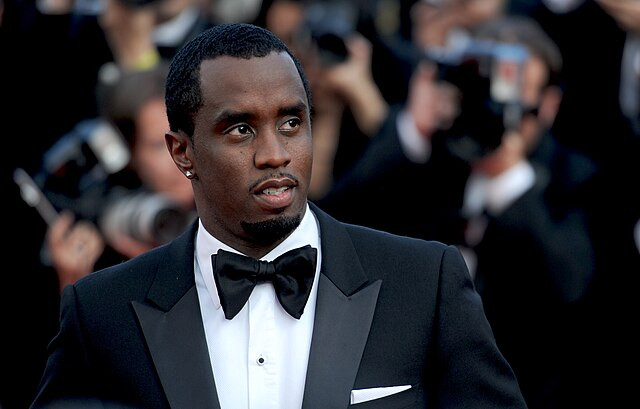ean "Diddy" Combs' legal team is preparing an unusual defense strategy ahead of his federal sex trafficking and racketeering trial scheduled to begin May 5 in New York City, seeking to argue that the 55-year-old rapper suffered from a mental impairment that left him unable to control his behavior during the alleged crimes.
According to court documents obtained by RadarOnline.com and TMZ, Combs' attorneys intend to present testimony from a Columbia University professor who would state that Combs had a "mental condition bearing on the issue of guilt." The filings suggest the testimony may touch on the effects of drugs and alcohol on Combs' cognitive abilities, although specifics of the condition were redacted.
Prosecutors are opposing the move, arguing in court papers that the defense has not provided the required notice for introducing evidence related to substance use impairing memory or cognitive function. They further emphasized that the Columbia professor never personally examined Combs and would instead rely on generalized expertise, a factor prosecutors argue renders the testimony irrelevant.
The doctor's proposed testimony would claim Combs had an "inability to control [his] behavior," according to filings. However, prosecutors contend that even if Combs was impaired, it would not negate his legal responsibility for the alleged acts, particularly given accusations that he drugged his victims during what have been referred to as "freak offs."
During a pre-trial hearing on April 25, prosecutors also sought permission to introduce evidence alleging that Combs forced one of his alleged victims to undergo a medical procedure. A federal prosecutor told the judge the evidence was "directly [related] to the degree of control [Combs] had over the [unidentified] victim," and was relevant to questions surrounding consent and coercion.
Meanwhile, the defense's efforts to challenge damning video evidence also suffered a blow. Judge Arun Subramanian ruled that a surveillance video depicting Combs assaulting his ex-girlfriend, singer Cassie Ventura, at the InterContinental Hotel in Los Angeles would be shown to the jury. Despite arguments from Combs' legal team that CNN altered or destroyed the original footage, Subramanian found the prosecution's version admissible, noting two witnesses would confirm its authenticity.
Prosecutors are simultaneously seeking to block another defense witness-a forensic video expert hired by Combs-who claims the footage was "significantly sped up" and distorted. The government maintains it adjusted the video speed to accurately reflect real-time events and has offered to cooperate with the defense on technical concerns.
Cassie Ventura, previously referred to as "Victim-1" in the indictment, has waived her anonymity and will testify for the prosecution. Ventura filed a $30 million lawsuit against Combs in November 2023, accusing him of repeated physical abuse and rape, a case that Combs quickly settled. The InterContinental assault footage, later aired publicly, intensified public scrutiny around the case.
Adding to the stakes, Combs rejected a plea deal offered by federal prosecutors. Details of the deal were not disclosed, but the decision raises the risk of a life sentence if convicted on charges including racketeering conspiracy, sex trafficking, and transportation to engage in prostitution.
During the April 25 hearing, Combs' attorney Marc Agnifilo previewed another element of the defense, emphasizing that Combs participated in a "swinger" lifestyle, arguing, "There's a lifestyle, call it swingers or whatever you will, that he thought was appropriate because it was common." Judge Subramanian ruled that while Combs' personal lifestyle could be referenced at trial, comparisons to other high-profile individuals involved in similar behaviors would not be permitted.
Combs appeared solemn throughout the hearing, quietly consulting with his legal team and exchanging a brief smile with one of his sons who attended the proceedings.





